SUMMARY
This is AI generated summarization, which may have errors. For context, always refer to the full article.
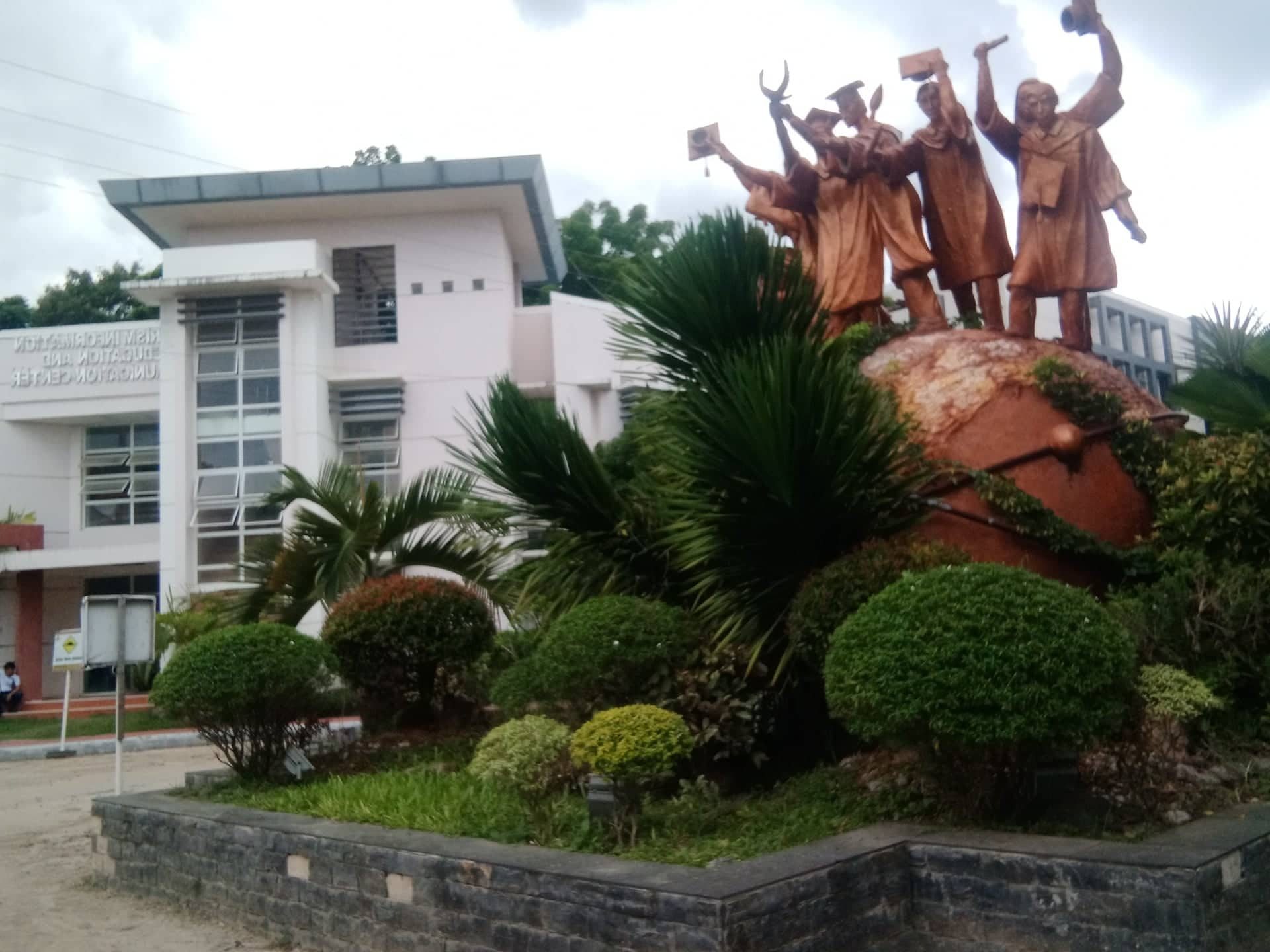
DAVAO ORIENTAL, Philippines – A group of academics and students at the Davao Oriental State University (DOrSU) threw its support behind a church-led campaign blocking destructive mining and other mineral extraction projects in Mati City and the province.
The state university itself is supporting the provincewide signature campaign launched by the local Catholic diocese and environmental conservation groups, said Dr. Lea Jimenez, the director of the DOrSU’s Regional Integrated Coastal Resources Management Project on Friday, August 19.
The renewed anti-mining campaign came after plans by the mining giant Asiaticus Management Corporation (AMCOR) to pursue its stalled $2-billion Pujada Bay nickel mining project in Mati City.
“We are part of it, and we fully support the Diocese of Mati in its signature campaign. There are already many students who support our campaign,” Jimenez told Rappler on Friday, August 19.
In its mission statement, DOrSU described itself as an “academic steward” of world-renowned natural heritage such as the Mount Hamiguitan Range and Wildlife Sanctuary, the only World Heritage Site in Mindanao inscribed by the United Nations Educational, Scientific and Cultural Organization (UNESCO), and the Pujada and Mayo bays.
DOrSU has a student population of at least 15,000 in Mati City and on campuses in the towns of Cateel, San Isidro, and Banaybanay.
It was Jimenez’s group of researchers which released last week the results of a study that confirmed the alarming levels of pollution at Pujada Bay.
The group found out that water samples researchers took from the bay showed levels of disease-causing microorganisms and the E.coli contamination higher than the standard.
Environmentalists and Davao Oriental Governor Corazon Malanyaon have expressed fears of a repeat of a mining accident in January that caused heavy siltation at a river system and destroyed a major rice granary in Banaybanay town.
Fr. Alfe Alimbon, the head of the Diocese of Mati’s public information group, said every Catholic priest in the province has been reminded of Pope Francis’ Laudato Si, an encyclical on “care for our common home” or the environment.
In a petition letter, the Diocese of Mati said Davao Oriental has seen the deteriorating condition of its environment due to mining and massive logging operations, particularly in Mount Hamiguitan and Pujada Bay.
It also cited the worsening problem of forest denudation, soil erosion, and siltation in the province.
The diocese stated in its petition that at least 4,778 hectares of mining concession areas overlap five major drainage water systems and watersheds that either drain to Pujada Bay or the Davao Gulf.
“These bodies of freshwater are the main water supplies for the communities living within and around the area,” read part of the petition being circulated for signatures.
The diocese also cited studies that showed that mining sites in Mati are situated on fault lines, aggravating the problem.
One DOrSU teacher, however, said that while many in the university faculty, and students already signed the petition for a mining-free Davao Oriental, the institution has not really taken a hard-line total mining ban stance.
“We are not totally anti-mining. What the university pushes is for a regenerative kind of mining – a kind of mining that would pursue the restoration of damaged natural resources,” said DOrSU biologist Jhonnel Villegas.
He added, “We demand that these mining companies allocate funds to regenerate and restore nature in the damaged mining sites.” – Rappler.com
Add a comment
How does this make you feel?
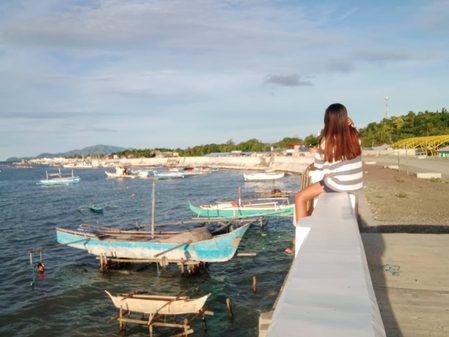
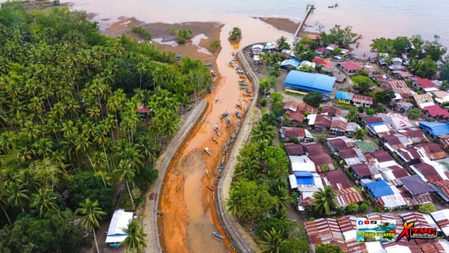


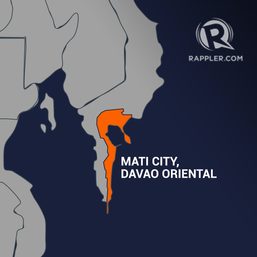
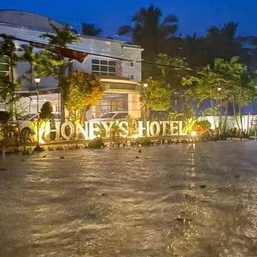
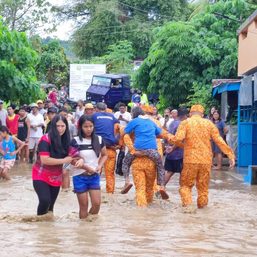

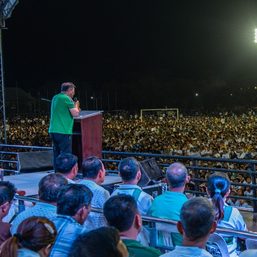

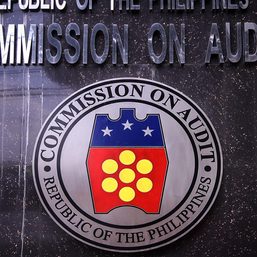
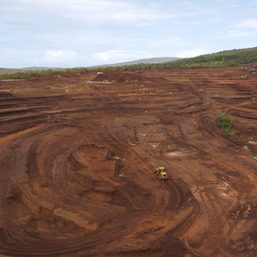
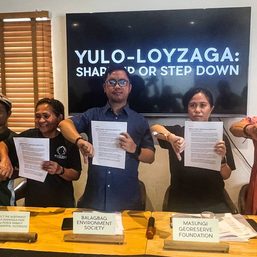
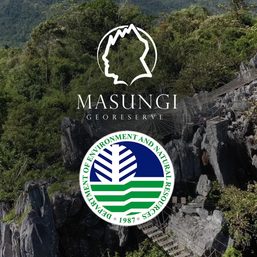
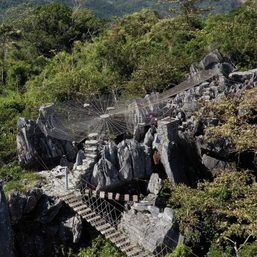
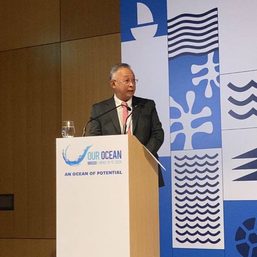
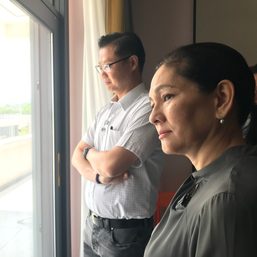
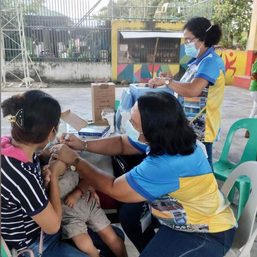
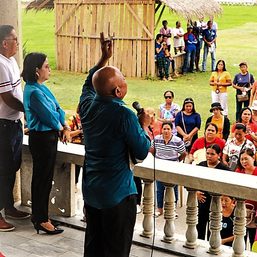
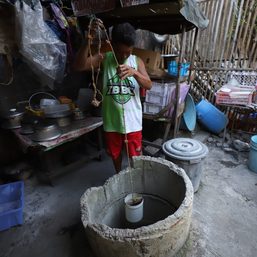
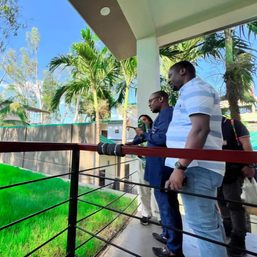
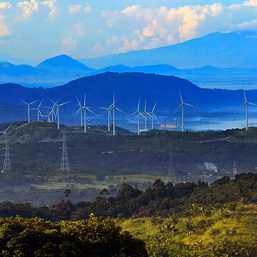


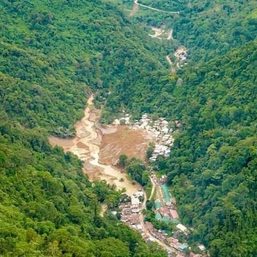
![[ANALYSIS] Trading irregularity in Abra Mining: Why the inaction?](https://www.rappler.com/tachyon/2024/03/tl-mining-trading-irregularities-03082024.jpg?resize=257%2C257&crop_strategy=attention)
There are no comments yet. Add your comment to start the conversation.